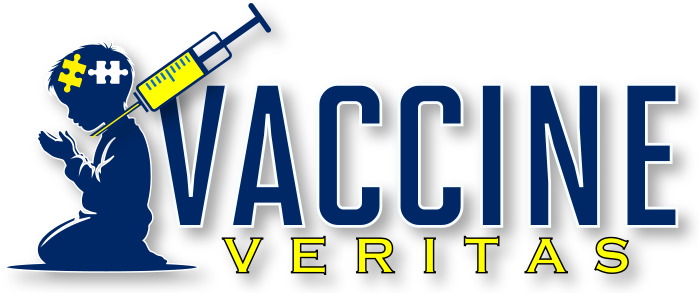The Trump Administration’s New Steps to Tackle Autism
Under President Donald Trump’s leadership, alongside HHS Secretary Robert F. Kennedy Jr., we are dismantling bureaucratic barriers and restoring trust in America’s health institutions to address the rising challenge of autism. Our administration is committed to empowering families, prioritizing individual choice, and leveraging free-market principles to deliver real solutions for children on the autism spectrum. We are announcing a series of bold, practical steps to confront this crisis head-on, guided by science, transparency, and a commitment to limited government intervention.
The dramatic rise in autism prevalence—nearly five-fold in recent decades—demands urgent action. Yet, for too long, families have been left with insufficient tools and answers, trapped in a maze of regulatory overreach and institutional inertia. Our approach cuts through red tape, respects parental authority, and fosters innovation to provide hope and tangible results for millions of American families.
Empowering Families Through Choice and Transparency
Our administration has launched three key initiatives, uniting the National Institutes of Health (NIH), the U.S. Food and Drug Administration (FDA), and the Center for Medicare & Medicaid Services (CMS) in a streamlined, family-first effort:
-
The NIH’s Autism Data Science Initiative: We’ve allocated $50 million to fund cutting-edge research into autism’s root causes and treatments. From 250 applications, NIH peer reviewers selected 13 top-tier projects, emphasizing rigorous, replicable science. These studies explore exposomics—examining environmental, nutritional, and medical factors alongside genetics—to uncover answers without wasting taxpayer dollars on bloated programs.
-
Cerebral Folate Deficiency Treatment: Emerging research points to cerebral folate deficiency as a potential factor in some autism cases. A safe, affordable, and long-available generic drug, leucovorin, has shown promise in peer-reviewed studies, improving verbal communication in up to 60 percent of affected children. Rather than delaying access with endless trials, we’re cutting regulatory hurdles to let physicians and parents decide what’s best. In the coming weeks, the FDA will approve leucovorin for children with cerebral folate deficiency and autistic symptoms, ensuring families can access it under medical guidance. For the over 50 percent of children insured by Medicaid or CHIP, CMS will ensure states cover this treatment while respecting state autonomy and monitoring appropriate use.
-
Acetaminophen Guidance: Observational studies, like those from the Nurses’ Health Study II and Boston Birth Cohort, suggest a possible link between acetaminophen use during pregnancy and higher risks of autism or ADHD in children. While conflicting studies exist, and acetaminophen remains the only approved over-the-counter fever treatment for pregnant women, we trust parents to make informed decisions. We’re updating medication labels to reflect this data, empowering expectant mothers to weigh risks and benefits with their doctors, without heavy-handed mandates.
A Conservative Vision for Public Health
Our approach is rooted in conservative principles: empowering individuals, reducing government overreach, and fostering innovation through competition and accountability. For too long, centralized bureaucracies have dictated health choices, eroding trust. We’re changing that by giving parents clear, science-based information and the freedom to act in their children’s best interests.
The Autism Data Science Initiative prioritizes efficient use of taxpayer funds, focusing on high-impact research that avoids the waste of bloated federal programs. By fast-tracking leucovorin approval, we’re cutting through decades of regulatory gridlock, letting families and doctors—not bureaucrats—drive care decisions. Our acetaminophen guidance respects individual responsibility, providing transparent information without imposing one-size-fits-all rules.
We’re also committed to protecting privacy and limiting government intrusion. CMS will work with states to support research while safeguarding health data, ensuring families remain in control. This is how we rebuild trust in public health: by prioritizing results, respecting freedom, and delivering hope through action.
President Trump and Secretary Kennedy have challenged us to put American families first. With these initiatives, we’re answering that call, offering practical solutions to the autism crisis while upholding the values of limited government, personal responsibility, and scientific integrity.



